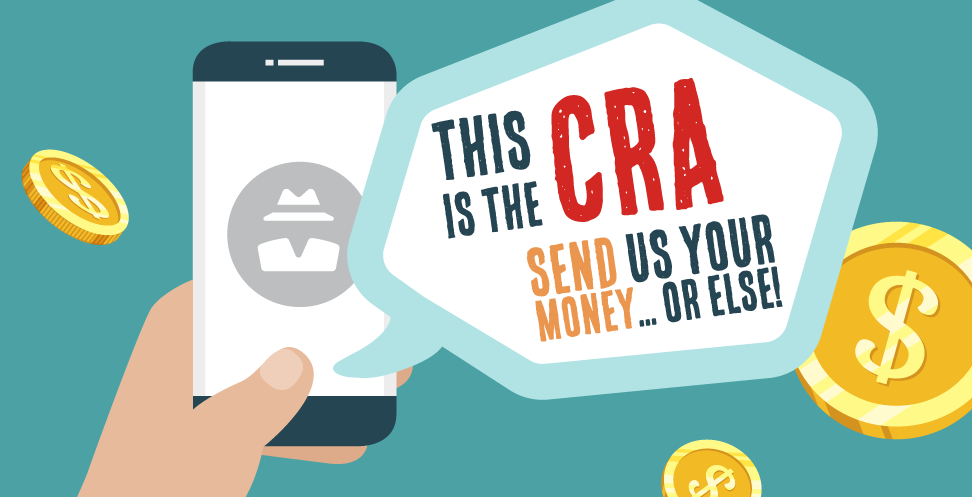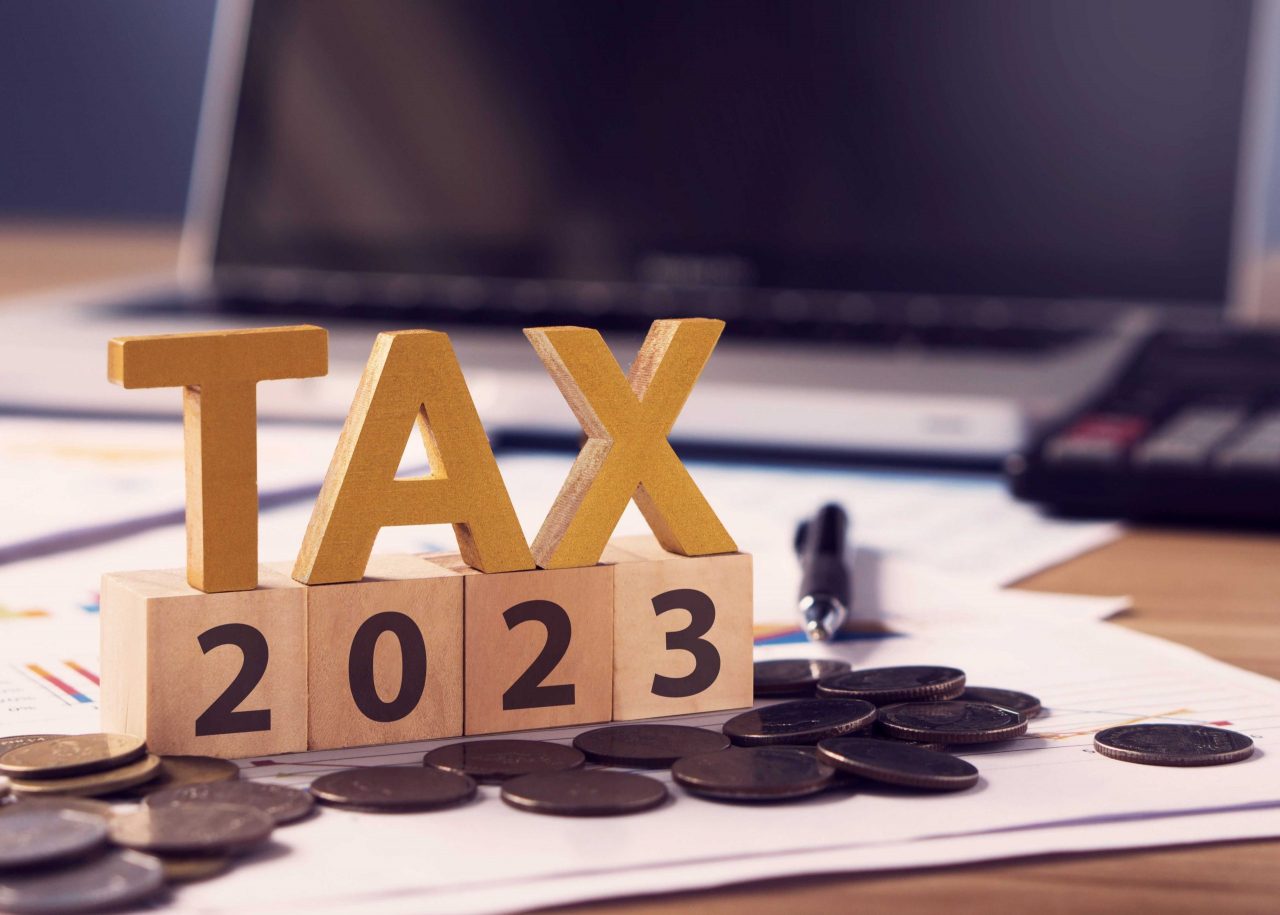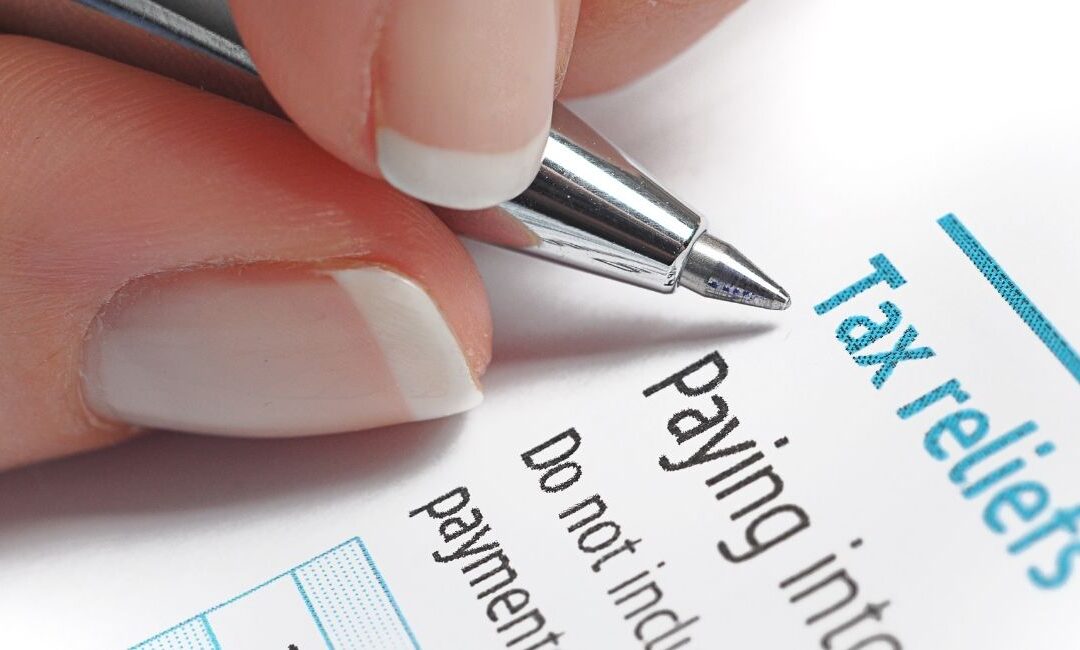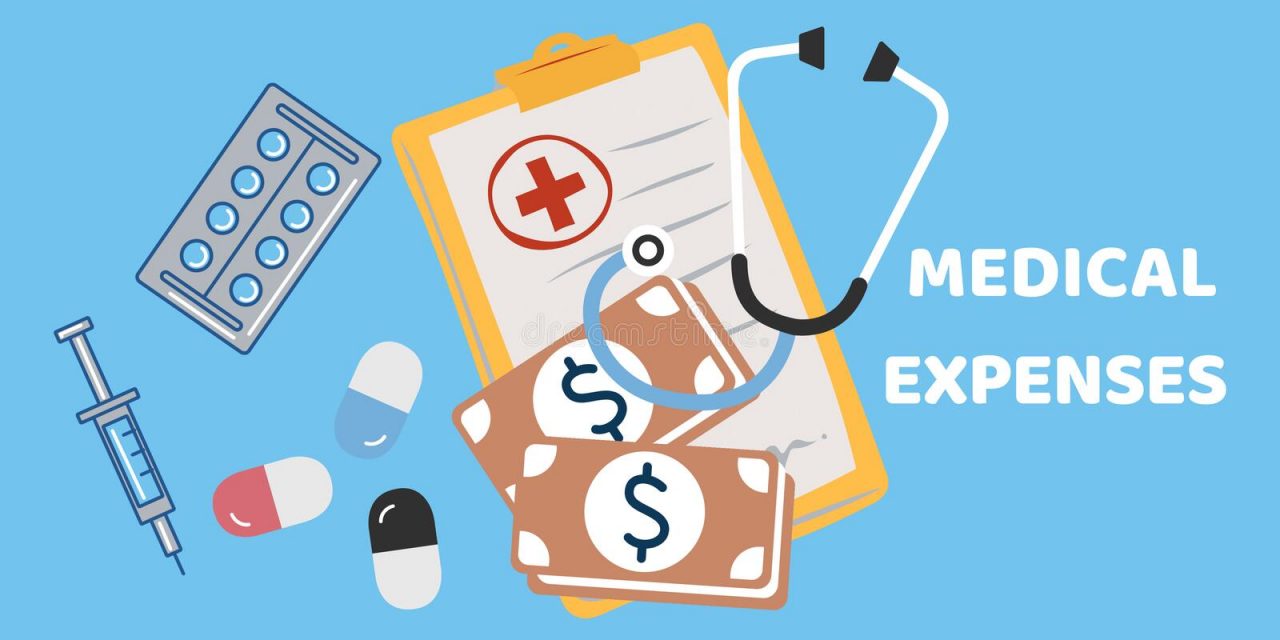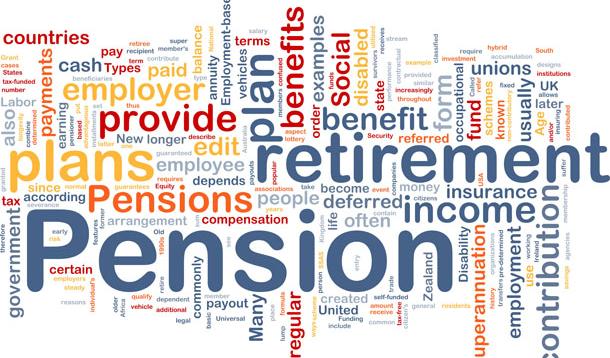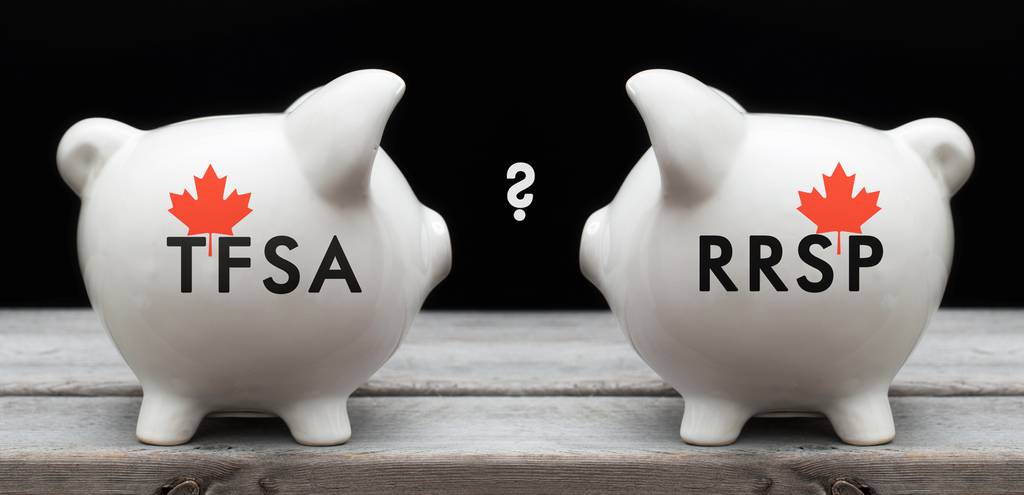Most Canadians rarely have reason to interact with the tax authorities, and for most people, that’s the way they like it. In the vast majority of cases, Canadians file their tax returns each spring, receive their refund or pay any balance of taxes owing, and forget about taxes until filing season rolls around the following year.
featured Archives - Page 8 of 12 - Akler Browning LLP
Most taxpayers sit down to do their annual tax return, or wait to hear from their tax return preparer, with some degree of trepidation. In most cases taxpayers don’t know, until their return is completed, what the “bottom line” will be, and it’s usually a case of hoping for the best and fearing the worst.
Our tax system is, for the most part, a mystery to individual Canadians. The rules surrounding income tax are complicated and it can seem that for each and every rule there is an equal number of exceptions or qualifications.
No one likes paying taxes, but for taxpayers who live on a fixed income having to pay a a large tax bill can mean real financial hardship – and the majority of Canadians who live on fixed incomes are, of course, those who are over 65 and retired.
Most Canadians don’t turn their attention to their taxes until sometime around the end of March or the beginning of April, in time to complete the return for 2023 ahead of the April 30, 2024 filing deadline.
While owning one’s own home brings with it many intangible benefits, home ownership also provides some very significant financial advantages. Specifically, it provides the opportunity to accumulate wealth through increases in home equity, and to realize that wealth on a truly tax-free basis.
While our tax laws require Canadian residents to complete and file a T1 tax return form each spring, that return form is never exactly the same from year to year. Some of the changes found in each year’s T1 are the result of the indexing of many aspects of our tax system, as income brackets and tax credit amounts are increased to reflect the rate of inflation during the previous year.
Each year, the Canada Revenue Agency publishes a statistical summary of the tax filing patterns of Canadians during the previous filing season. The final statistics for 2023 show that the vast majority of Canadian individual income tax returns – just over 92%, or just under 30 million returns – were filed by electronic means, using one or the other of the CRA’s web-based filing methods. About 2.5 million returns – or just under 8% – were paper-filed.
Income tax is a big-ticket item for most retired Canadians. Especially for those who are no longer paying a mortgage, the annual tax bill may be the single biggest expenditure they are required to make each year.
If there is one invariable “rule” of financial and retirement planning of which most Canadians are aware, it is the unquestioned wisdom of making regular contributions to one’s registered retirement savings plan (RRSP). And it is true that for several decades the RRSP was the only tax-sheltered savings and investment vehicle available to most individual Canadians.

